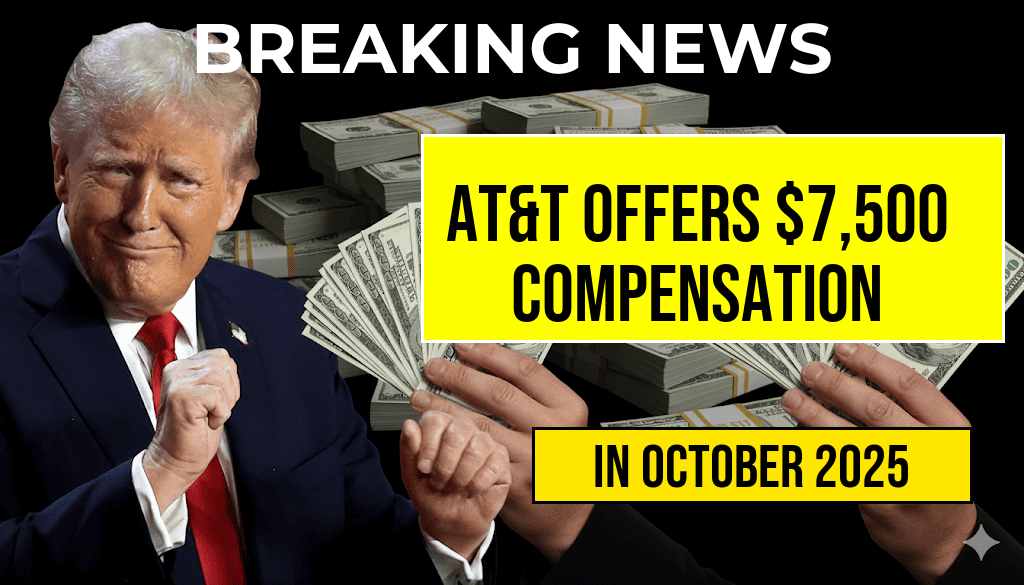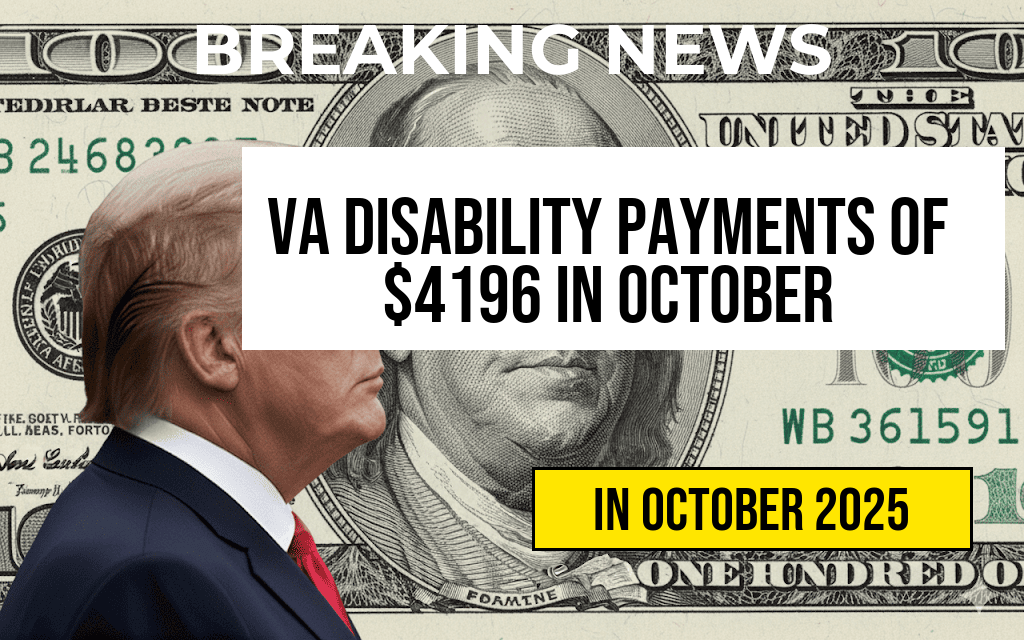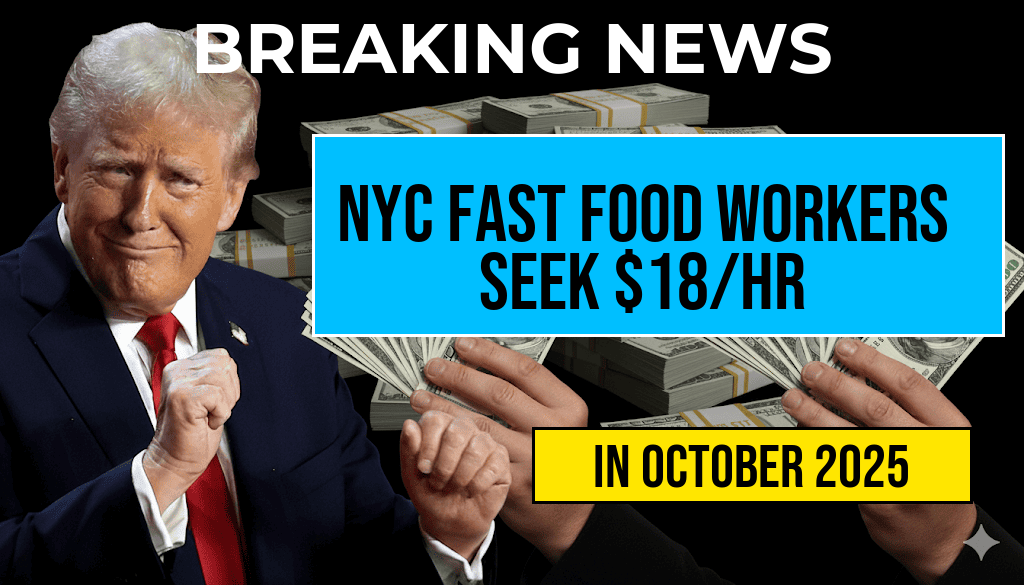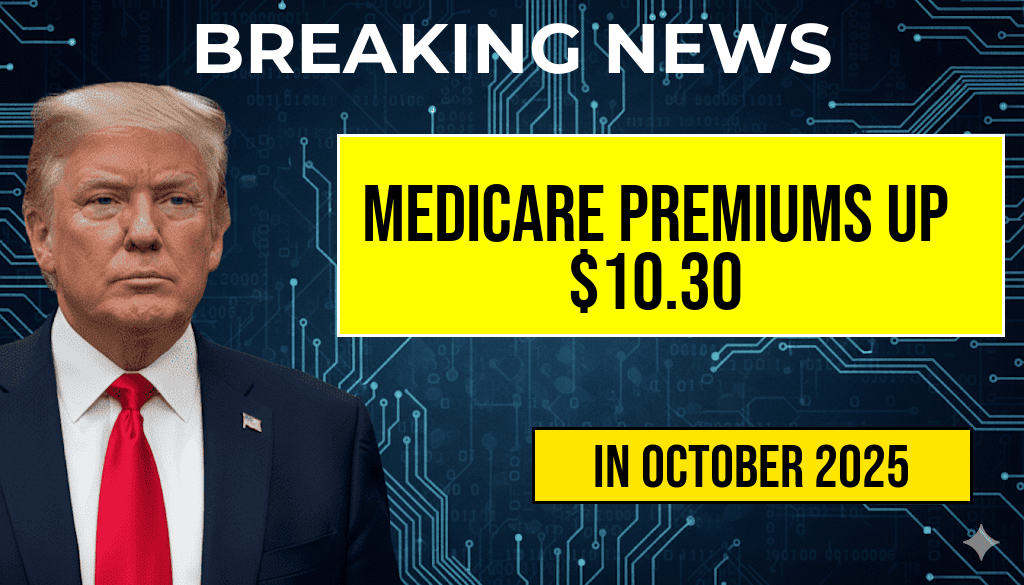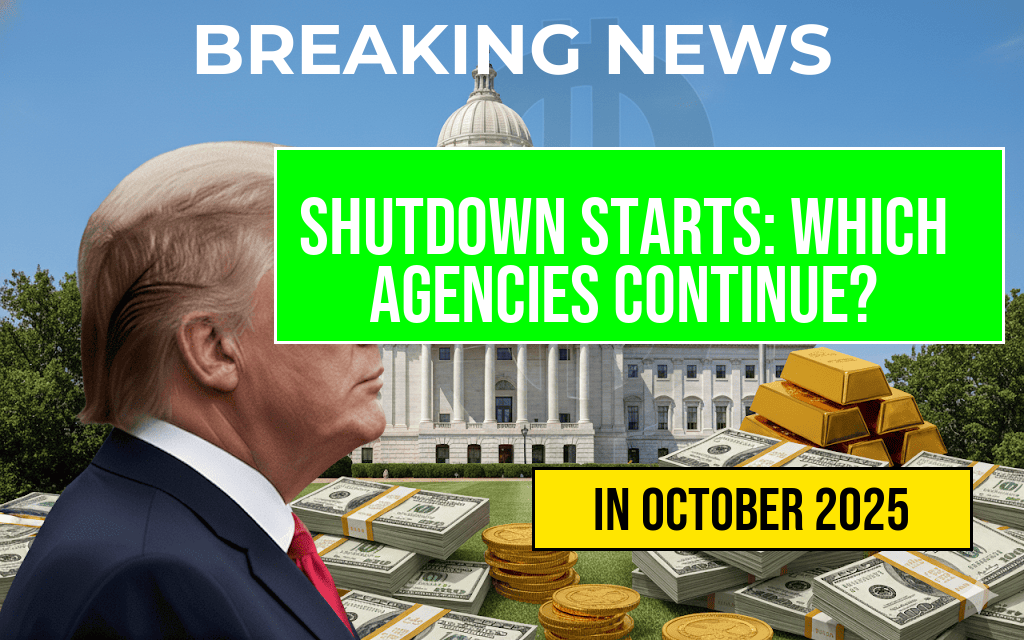Fast food workers across New York City are rallying for a significant increase in their hourly wages, advocating for a minimum of $18 per hour. Organized protests and union-backed campaigns are gaining momentum as employees express concerns over the rising cost of living and stagnant wages that have left many struggling to make ends meet. The push comes amid ongoing debates over fair compensation in the service industry, which has historically seen lower pay scales compared to other sectors. Advocates argue that raising the minimum wage to $18 would not only improve workers’ economic stability but also help address persistent labor shortages and improve service quality. City officials and business leaders are closely watching the movement, which could influence future policy decisions on wage standards and labor protections within the city’s vibrant yet challenging economic landscape.
Background on Wage Policies in New York City
New York City has long been at the forefront of wage legislation, with the minimum wage gradually increasing over the past decade to align with rising living costs. As of 2023, the city’s minimum wage for large employers stands at $15 per hour, with smaller businesses subject to slightly lower rates. Despite these adjustments, many workers in the fast food industry contend that the pay remains insufficient given the city’s high rent and inflation rates. The federal minimum wage remains at $7.25, but states and cities like New York have established higher thresholds to better reflect local economic conditions.
Proposed Wage Increase and Its Rationale
The current movement calls for raising the minimum hourly wage to $18 specifically for fast food employees, a sector hit hard by economic pressures and labor shortages. Advocates argue this figure is a fair adjustment considering the cost of living in NYC, where housing expenses and transportation costs continue to surge. Supporters also cite studies indicating that higher wages can lead to better employee retention, reduced turnover, and improved customer service.
| Wage Level | Effective Date | Applicable Employers |
|---|---|---|
| $15 per hour | As of 2023 | Large employers in NYC |
| $18 per hour | Proposed | Fast food industry workers |
Labor Movement and Community Support
The push for higher wages has gained momentum through coordinated efforts by unions such as the United Food and Commercial Workers (UFCW) and grassroots organizations. Workers have staged protests at major fast food chains across Manhattan and Brooklyn, demanding fair pay and better working conditions. In some cases, these demonstrations have resulted in negotiations with franchise owners and city officials, highlighting the growing influence of organized labor in shaping economic policy.
City Council members, including progressive leaders, have expressed support for the increase, emphasizing the importance of ensuring that workers can afford basic necessities. Mayor Eric Adams has acknowledged the concerns but has also called for balanced approaches that consider the economic impact on small businesses. The debate underscores a broader national conversation about living wages and income inequality, which has intensified amid inflationary pressures and workforce shortages.
Economic Impacts and Industry Response
Business associations representing fast food franchises have voiced caution, warning that a substantial wage hike could lead to increased menu prices and potential layoffs. The National Restaurant Association has argued that higher labor costs may force some establishments to reduce hours or automate certain services, potentially affecting employment levels. Conversely, economic studies suggest that increasing wages can stimulate local economies by boosting consumer spending, which benefits the broader community.
- Potential for higher menu prices
- Risk of reduced hours or layoffs
- Possible automation of jobs
- Increased consumer spending in local economies
Legal and Policy Considerations
The proposal to establish a $18 minimum wage for fast food workers in NYC aligns with ongoing efforts to legislate living wages at the local level. While some argue that such policies may burden small businesses, advocates maintain that fair compensation is essential for economic justice and workforce stability. The city’s Department of Labor is reviewing the proposal, and legislative committees are expected to hold hearings in the coming months.
Legal challenges may arise from industry groups concerned about the potential economic repercussions, but supporters believe that a higher wage is overdue for a sector that has historically been undervalued. Similar policies in other cities, such as Seattle and Los Angeles, have demonstrated that targeted wage increases can be implemented without significant negative economic impacts when phased appropriately. More information on wage laws and labor rights can be found on U.S. Department of Labor.
Public Opinion and Future Outlook
Public opinion polls indicate strong support among New Yorkers for increased wages, especially among service industry workers and advocacy groups. As the movement gains traction, city officials face mounting pressure to address wage disparities and improve working conditions in the fast food sector. The outcome of this push could set a precedent for other industries and influence statewide policy debates.
While no final decisions have been announced, the momentum suggests that wage discussions will remain central to New York City’s economic policy landscape. Stakeholders continue to weigh the benefits of fair pay against the potential economic adjustments required to implement such changes, with many watching closely to see how employers and policymakers navigate this complex issue.
Frequently Asked Questions
What is the current minimum wage for fast food workers in New York City?
The current minimum wage for fast food workers in New York City varies depending on the sector, but many are advocating for an increase to $18 per hour to ensure fair compensation.
Why are fast food workers in NYC demanding a higher minimum wage?
Fast food workers in NYC are demanding a minimum wage of $18 per hour to combat cost of living increases, improve working conditions, and ensure a living wage that reflects the economic realities of the city.
What impact could raising the minimum wage have on fast food restaurants in NYC?
Raising the minimum wage to $18 per hour could lead to increased operating costs for restaurants, potential price adjustments, and could influence employment levels and staffing practices within the industry.
How are advocacy groups supporting fast food workers’ push for higher wages?
Advocacy groups are organizing protests, lobbying policymakers, and raising public awareness about the importance of a living wage for fast food workers to gain support for legislative changes.
What are the next steps for fast food workers seeking a minimum wage of $18 in NYC?
The next steps include negotiations with city officials, public campaigns to build support, and potentially policy proposals to officially establish the $18 minimum wage for fast food workers in NYC.

